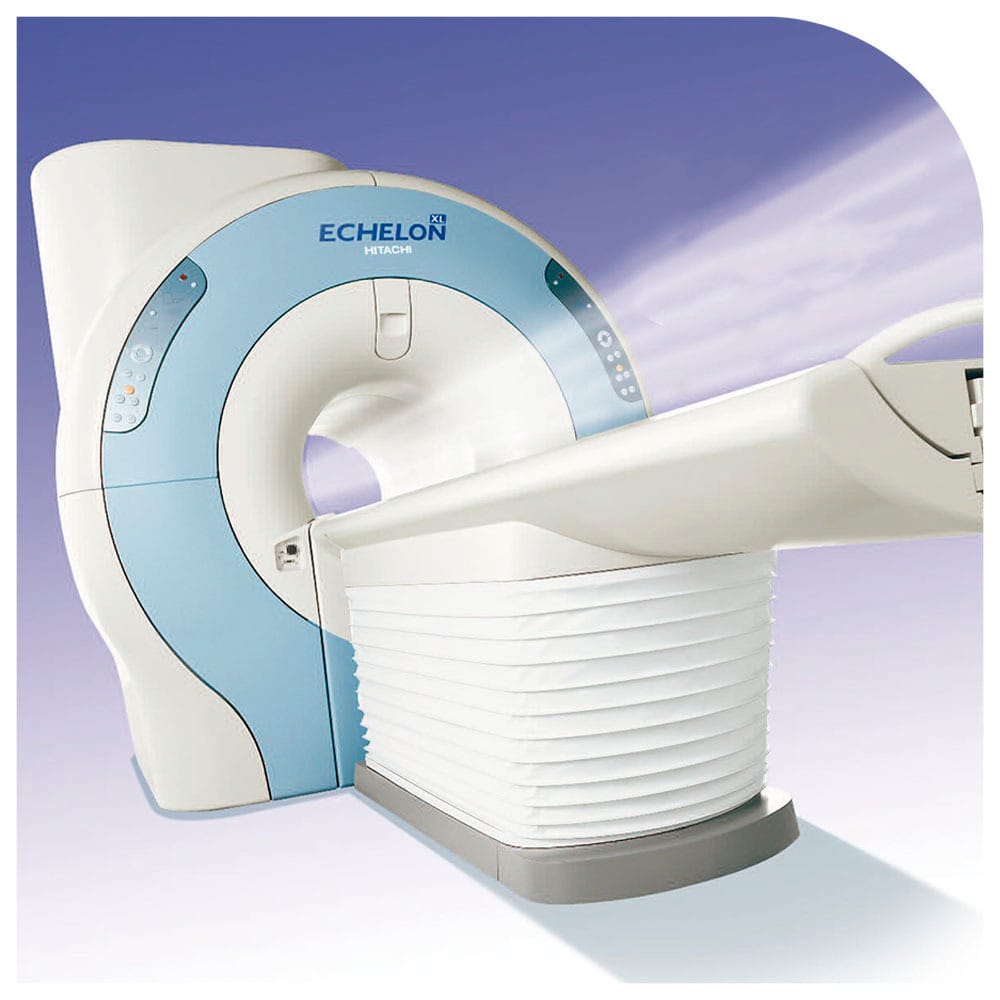The cost of an MRI is influenced by the part of the body being scanned, the use of contrast agents, and whether it is conducted by an in-network or out-of-network provider. Comparing MRI costs and knowing what to expect can help you save time, as well as money, and get high-resolution, detailed images for timely diagnosis of possible conditions. At Manhattan MRI, you can look forward to top-quality scanning services and insurance coverage that helps you focus on your health needs as quickly as possible.

Call today or book online to take the first step towards a healthy life!
Unexplained pain or internal injury that cannot be diagnosed with physical examination or other tests may require a magnetic resonance imaging (MRI) scan. It is one of the most powerful and effective diagnostic tests that produces detailed pictures of areas inside the body to help determine conditions so you can get timely treatment.
However, MRIs can be expensive. While health insurance typically covers authorized MRIs, you may encounter out-of-pocket costs such as deductibles, copay, or coinsurance. If you have health insurance, the type of insurance and your plan requirements will affect how much you will contribute to the cost of your medical imaging.
Insurance coverage for MRI depends on the specific insurance plan and policy. In many cases, MRIs are covered by insurance when deemed medically necessary. This usually includes situations when an MRI is required for diagnostic purposes, to plan treatment or surgery, or to monitor the progress of a known medical condition.
On average, MRIs in the US can cost $400 to $12,000. The actual price you pay depends on your body area being examined, the location or type of facility, medications used, the cost of medical staff, and administrative costs.
At Manhattan MRI, the cost for a single body part MRI is $450. For a comprehensive whole-body MRI, the price is $1,999. We work with all major insurance plans, including United Healthcare, Blue Cross, Blue Shield, Cigna, Aetna, GHI, 1199, and Empire Plan. Please note that HMO plans, Medicaid, and Medicare are not accepted. Payment options include credit card and cash, but checks are not accepted.
When searching for an imaging center, it is essential to know about your provider network and the choices you have. MRI costs can also vary significantly between in-network and out-of-network providers.
Comparing MRI costs of in-network vs. out-of-network providers can help you avoid unnecessary expenses and get reliable imaging services as well as the best value and care for your budget.
Imaging tests like MRIs are generally covered in some part by health insurance. You can call your insurance provider to check if your MRI is covered under your health plan with the coverage amount. You may still have to pay out-of-counter expenses, but health plans may cover 100% of your MRI costs, depending on your employer or circumstances.
Several plans cover authorized MRIs at no charge. It is also important to check if your health plan requires a referral for an MRI or if preauthorization is necessary.
MRI scan costs vary greatly as many factors can impact the cost. However, you can expect to pay anything from $400 to $12,000 for an MRI, depending on the type of MRI you require, and the body part being examined.
If you do not have health insurance, you will have to pay the total cost of the MRI. After an MRI, you may receive two bills, one from the facility and the other from the radiologist. Billing also depends on the healthcare professional and the facility you have chosen for the test.
In case you live in a rural area where there are fewer MRI facilities available to you, it can increase the costs. The region, state, and city where you live will determine the facilities you have to choose from. You will find lower-cost options in a city with many facilities and providers.
Navigating healthcare expenses can be overwhelming, especially when you do not have health insurance or opt to pay yourself. Understanding the cost of an MRI becomes critical so you can search for the best facility, compare prices, and openly discuss potential discounts or payment plans with service providers.
Several factors can impact the overall expenses of your diagnostic exam.
They include:
Insurance coverage can significantly lower these costs, depending on deductibles and copays.
If you cannot afford an MRI, there are several options you can consider:
Share your financial concerns with your healthcare provider, and they may be able to explore other diagnostic options, suggest lower-cost facilities, or advocate on your behalf to help you.
Check with your healthcare provider’s office about the following financing options, as they can help reduce the upfront costs:
Remember, affordability is a significant factor, but it is crucial to prioritize your health. Do not let MRI costs keep you from getting the medical care you need. Work closely with your healthcare provider and explore the available options to find the most appropriate and affordable solution for your specific situation.
Manhattan MRI makes your diagnostic testing a comfortable and convenient experience. Call us today or book your MRI scan online and start your journey towards a healthier life. Our specialists focus on your imaging needs, provide the best scanning services, and help you make informed decisions about your healthcare expenses.